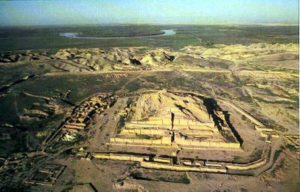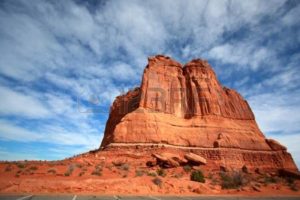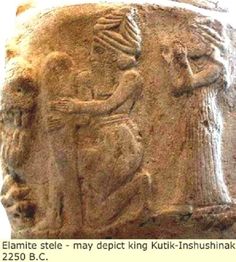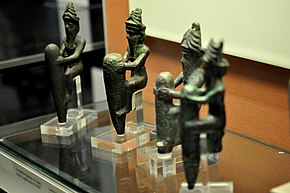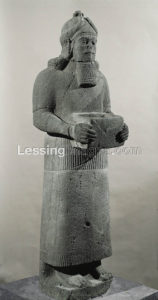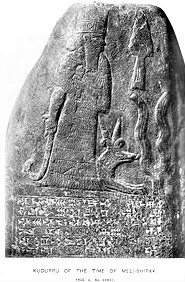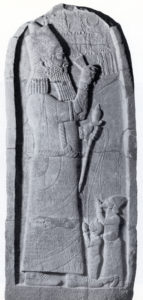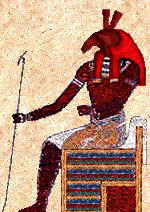http://www.livius.org
The document is a barrel-shaped clay cylinder, which had been buried in the foundations of the Ezida temple in Borsippa. This form of foundation document is found in considerable quantities since the second millennium. The script of this cylinder is deliberately archaising. It is inscribed in archaic ceremonial Babylonian cuneiform script that was used in the well-known Codex of Hammurabi and adopted in a number of royal inscriptions of Neo-Babylonian kings, esp. Nabopolassar, but also Nebuchadnezzar and Nabonidus (cf. Berger 1973). The script is quite different from the cuneiform script that was used for chronicles, diaries, rituals, scientific and administrative texts.
The Antiochus cylinder is the latest one extant. Another late example is the Cyrus Cylinder, commemorating Cyrus‘ capture of Babylon in 539 BCE (Schaudig 2001: 550-6). This cylinder, however, was written in normal Neo-Babylonian script.
The Antiochus Cylinder was found by Hormuzd Rassam in 1880 in Ezida, the temple of the god Nabû in Borsippa, in what must have been its original position “encased in some kiln-burnt bricks covered over with bitumen,” in the “doorway” of Koldewey’s Room A1: probably this was built into the eastern section of the wall between A1 and Court A, since the men of Daud Thoma, the chief foreman, seem to have destroyed much of the brickwork at this point. Rassam (1897: 270) mistakenly records this as a cylinder of Nebuchadnezzar II (Reade 1986: 109). The cylinder is now in the British Museum in London.
(Texts: All Artifacts, Color Coding, & Writings in Bold Type With Italics Inside Parenthesis, are Added by Editor R. Brown, not the Authors, Translators, or Publishers!)
(gods in blue …mixed-breed demigods in teal…)
Antiochus, the great king, the mighty king, king of the world, king of Babylon, king of (all) countries,
(Marduk”s residence Esagila in Babylon; son Nabu’s residence Ezida in Borsippa)
caretaker of Esagila and Ezida, foremost son of Seleucus, the king, the Macedonian, king of Babylon, am I.
When I desired to build Esagila and Ezida, the (first) bricks of Esagila and Ezida
in the land of Hatti (=Syria) with my pure hand(s) I molded with fine quality oil and
(Marduk’s brother & amazing architect Ningishzidda, laid the foundation pegs to the world’s great ziggurats pyramids)
for the laying of the foundation of Esagila and Ezida I transported them.
In the month of Addaru, on the 20th day, of year 43 (SE, 27 March 268 BCE) ,
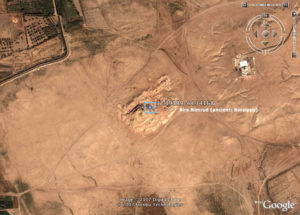
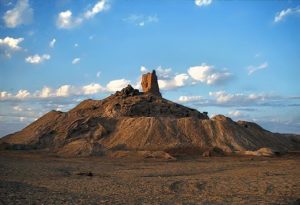 (Borsippa down below Nabu’s ziggurat Ezida)
(Borsippa down below Nabu’s ziggurat Ezida)
I laid the foundation of Ezida, the true temple, the temple of Nabû, which is in Borsippa.
O Nabû, lofty son (of Marduk), the wise one of the gods, the proud one, who is eminently worthy of praise,
firstborn (3rd after Ashur & Seth) son of Marduk, offspring of Erûa (Sarpanit), the queen, who creates offspring,
regard me joyfully and, at your lofty command which is unchanging,
may the overthrow of the country of my enemy, the achievement of my triumphs,
the predominance over the enemy through victory, kingship of justice, a reign of prosperity, years of happiness,
(and) the full enjoyment of very old age be the gift for the kingship of Antiochus and king Seleucus, his son, for ever.
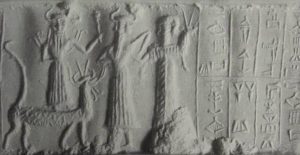 (Marduk, son Nabu, & Babylonian king)
(Marduk, son Nabu, & Babylonian king)
O Son of the Prince (Marduk), Nabû, son of Esagila, first-born son of Marduk, offspring of queen Erûa:
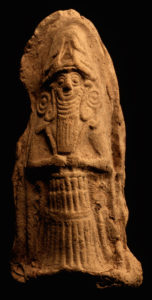
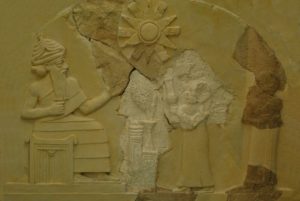 (alien Anunnaki King Anu; Anu meets newly fashioned earthlings)
(alien Anunnaki King Anu; Anu meets newly fashioned earthlings)
at your entry into Ezida, the true house, the house of your Anu-ship, the dwelling of your heart’s desire,
with rejoicing and jubilation, may – at your true command, which cannot be annulled –
my days be long, my years many, my throne firm,
my reign long lasting under your lofty scepter which sets the boundary of heaven and earth.
May my good (fate) constantly be established in your pure mouth,
may my hands conquer the countries from sunrise to sunset
that I might inventory their tribute and bring it to make perfect Esagila and Ezida.
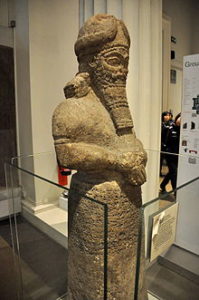
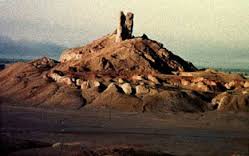 (Nabu; his patron city Borsippa)
(Nabu; his patron city Borsippa)
O Nabû, foremost son, when you enter Ezida, the true house,
may good (fate) for Antiochus, king of (all) countries, king Seleucus, his son, (and) Stratonice, his consort, the queen,
may their good (fate), be established by your command (lit: in/by your mouth).
